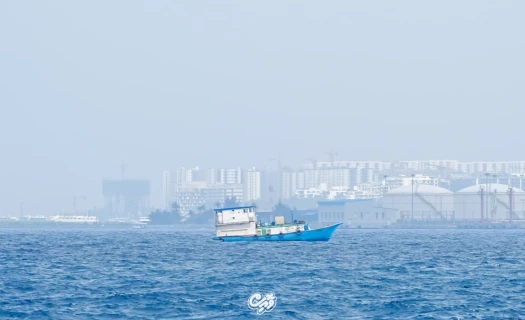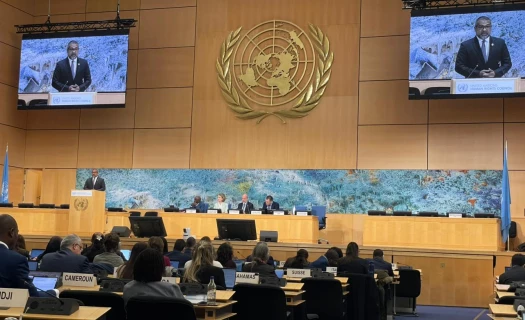Maldives prepares for potential Mpox outbreak amid rising global concerns

The Maldives Health Protection Agency (HPA) has announced that it is closely monitoring the global spread of Mpox, commonly known as monkeypox, and is preparing for a potential outbreak in the island nation.
This comes in response to a declaration by the World Health Organization (WHO) on August 14, which classified Mpox as a global health emergency due to the emergence of a new and more dangerous strain of the virus.
Mpox, which originally surfaced in African regions, has now spread to multiple countries, prompting global concern.
As of 2022, over 99,000 cases have been reported worldwide, with the virus currently spreading widely in the Democratic Republic of Congo and other parts of Africa.
On Friday, Pakistan confirmed its first case, followed by Sweden, which identified the first infection outside of Africa involving the new strain.
In light of these developments, the HPA has taken proactive measures to mitigate the risk of Mpox reaching the Maldives.
Their efforts include conducting risk assessments, strengthening outbreak control protocols, and enhancing testing and treatment capabilities.
Additionally, the HPA is raising awareness among healthcare workers about the disease and increasing surveillance efforts to detect any potential cases.
Mpox is primarily transmitted from animals to humans and can spread through close physical contact once inside the human body.
While the current strain has been noted for transmission through sexual contact, the virus can also be spread through other means.
These include direct contact with the skin lesions or blisters of an infected person, exposure to contaminated clothing or bedding, and prolonged proximity to an infected individual.
Handling infected animals during hunting, slaughtering, or cooking also poses a risk.
Common symptoms of Mpox include fever, body aches, fatigue, and the development of skin lesions and pus-filled blisters.
While many cases resolve without the need for medical intervention, severe cases may require hospitalization.
Although there is no specific treatment for Mpox, supportive care is provided to manage symptoms.
As of now, no cases of Mpox have been detected in the Maldives.
However, the HPA continues to monitor the situation closely and urges the public to stay informed and take preventive measures as necessary.














